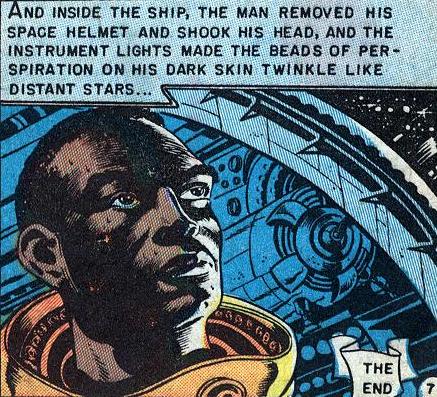Edward
Bartender
- Messages
- 25,362
- Location
- London, UK
In the case of the German Army in WWII, it is true they followed orders as issued by their leaders, as did everyone else's. But the war crimes trials were about specific acts that were contrary to international law, not simply for waging war.
They were, but ultimately the concept was the same: does one bear moral culpability for carrying out the orders of a higher rank? Nurembourg enshrined in international law that "only obeying orders" is not an acceptable defence.



